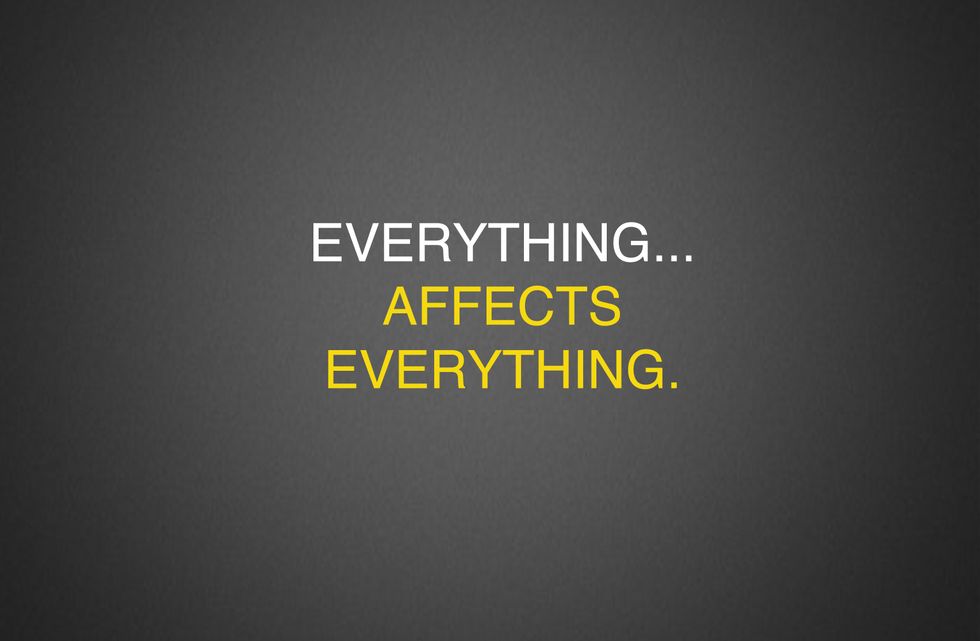If you watched the first season of Thirteen Reasons Why, you probably have some clue as to what I'm addressing in writing this. For those who don't know anything about Thirteen Reasons Why, read the book (yes, there is a book) before watching the Netflix series or even in place of the Netflix series, because, as it is in most cases, the book is a million times better than the series.
However, this article isn't going to address the differences between literature and media but more so a very specific part of the media. Thirteen Reasons Why has received so much backlash for "glorifying suicide" and adding a sort of Hollywood sparkle to an otherwise gruesome (and quiet) topic. Suicide is not something that we should keep quiet about, mental health is not something we should keep quiet about. And this show sticks it right in your face in the most non-glorified way possible.
When we think about glorifying something, we think about putting something on a pedestal, giving it some sort of substantial and positive weight in our lives. Thirteen Reasons Why does not do that. Aside from the trigger warnings before the start of every episode (kudos creators), we see the cast go through their own battles at the death of Hannah Baker. Our main character practically loses his mind over the guilt that he feels and the overwhelming sense that had he done something different, had he said something different, that could have changed the whole course of Hannah's choice.
But honestly, it couldn't have. Clay and Hannah's love story is tragic. Boy loves girl, girl commits suicide. But what this show outlines, especially in season 2, is that while there may be reasons for Hannah to change her mind, there was a point when there was no turning back, when the burden that Hannah was left to deal with was too much to bear. And for people who haven't been there i.e. making a list of reasons why and why not to commit suicide, I can understand how this can seem a little over dramatic. But if you've been there; at the point of having to choose to wake up the next morning or not, you probably know that it's an agony that Thirteen Reasons Why portrayed in the best possible way, given the situation.
Glorifying suicide would be suggesting that everyone do it, that if you're dealing with heavy things your best option may be to just end it all. But this show, really the novel, demonstrates that choosing to end things for yourself has such a profound impact on the people around you. Whether Hannah had left tapes or not, she left so many people wondering why. Why was this the only other option? Hell, her mother even went so far as to listen to the tragedies her daughter suffered in court to try and prove a point that warning signs are all around and yet, nobody listened. Cries for help were left unanswered and if you know anything about suicide and warning signs, you know that the cries for help were there.
So how does this show glorify suicide?
It doesn't. It gives it a face, a name, a voice. It gives an example of the impact an entire community can feel when someone who goes through a lot doesn't get the help they need. It starts a conversation about the things we should pay more attention to, the people we should pay more attention to and the people that can be held responsible when something like this happens. This is not a glorification, this is a realization.
Live and in stereo.
















